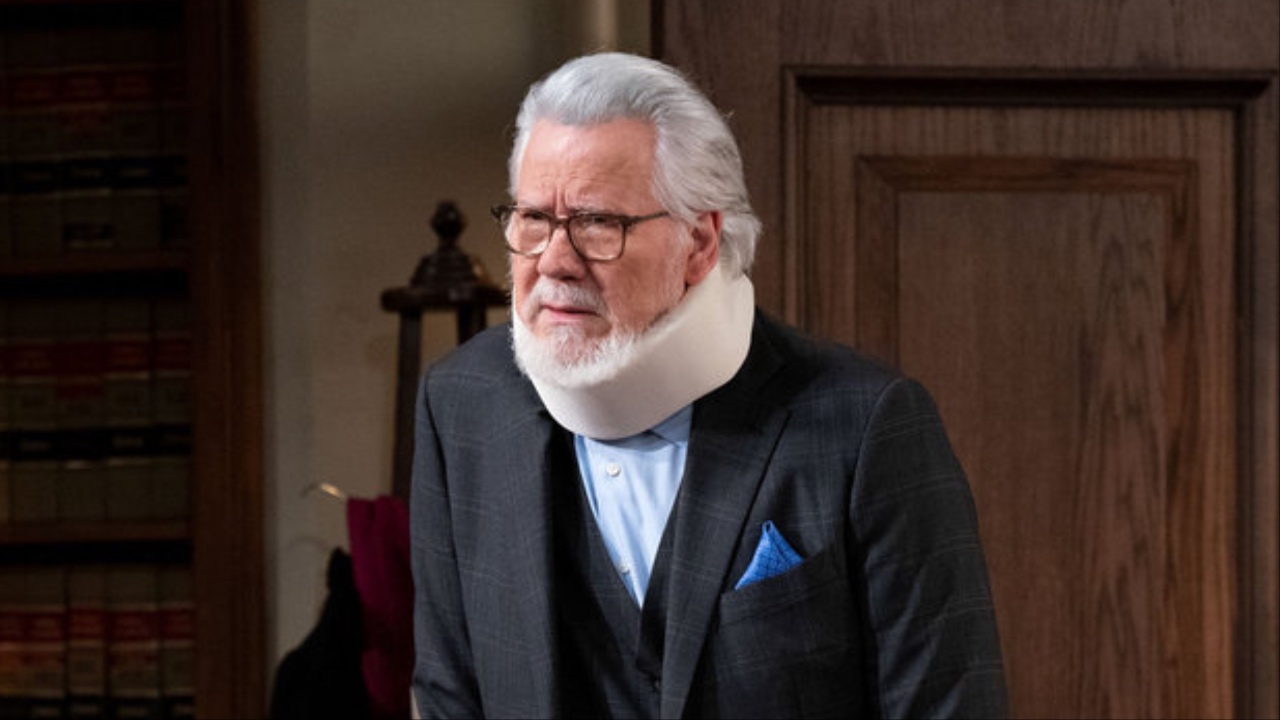AFI Fest Review: Rubber

Quentin Dupieux’s Rubber opens with a man in a police uniform emerging from the trunk of a car and speaking directly to the audience. Why, he questions, was Steven Spielberg’s E.T. The Extraterrestrial brown? Why were the two leads in Love Story so infatuated with each other? Why did we never see anyone in Tobe Hooper’s The Texas Chainsaw Massacre go to the bathroom or wash their hands? The answer to all of these questions is the same: there is no reason – and that’s exactly what Rubber is all about.
Abstract and nihilistic, the film centers on a worn-out tire named Robert who one days digs himself out of the ground and proceeds to use his telekinetic abilities to blow up people’s heads. Only making things that much weirder is that the narrator mentioned above is some sort of bizarre puppet master named Lieutenant Chad (Stephen Spinella) who has arranged for a random group of people to sit on top of a hill with binoculars and watch the events unfold. I’ll take this time to mention the obvious - this isn’t what most would qualify as a normal film.
While the film is overlong and a little too repetitious for its own good, what keeps the audience engaged is the unceasing weirdness, both in the main story and the subplot. It’s simply hard to get used to the image of a dirty tire sitting on a motel bed watching exercise videos. There are parts where Dupieux overplays his hand and scenes draw out too long, but it usually plays as part of the big joke.
Oddness aside, what elevates the film is Spinella’s performance as the all-too self aware narrator/police officer. Without breaking the fourth wall directly (the opening monologue is actually directed towards the group of binocular holding spectators), Chad is a character aware that he exists in a fever dream who is funny when he’s playing along with the idea but incredible when he grows tired of it. It is as though Dupieux made the film with obvious faults so that Chad could be there to mock them – and it makes the film work.
When you go to see independent films, there is a natural expectation for at least some weirdness. These are movies that are unencumbered by notes from the studio who are more interested in hitting key demographics than leaving the director’s vision uncompromised. Rubber is a pure example of director’s vision. Dupieux wanted to make a movie with no reason and that’s exactly what he did. Sure, there’s only so many times that we, as an audience, can watch a tire stand up, wobble, and fall before the giggles stop and the audience wants to move on to the next scene, but it’s never so infuriating that you grow sick of the ride. After all, how many opportunities will you get to go to the movies and watch a film about a psychic tire?
Follow along with all of our special AFI Fest coverage right here.
CINEMABLEND NEWSLETTER
Your Daily Blend of Entertainment News

Eric Eisenberg is the Assistant Managing Editor at CinemaBlend. After graduating Boston University and earning a bachelor’s degree in journalism, he took a part-time job as a staff writer for CinemaBlend, and after six months was offered the opportunity to move to Los Angeles and take on a newly created West Coast Editor position. Over a decade later, he's continuing to advance his interests and expertise. In addition to conducting filmmaker interviews and contributing to the news and feature content of the site, Eric also oversees the Movie Reviews section, writes the the weekend box office report (published Sundays), and is the site's resident Stephen King expert. He has two King-related columns.










